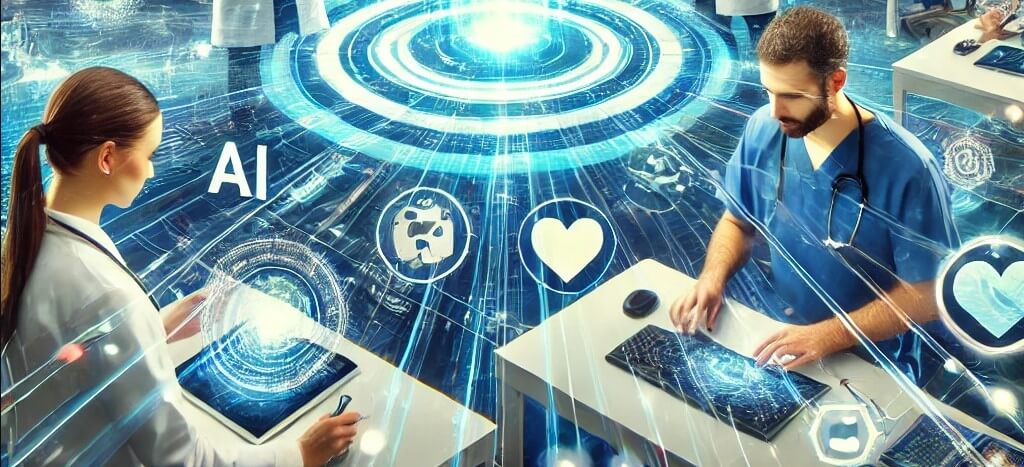In a strategic move to drive innovation in the healthcare sector, Techstars has partnered with Johns Hopkins University and CareFirst BlueCross BlueShield to launch a new healthcare AI accelerator program. The initiative, announced recently, will be based in Baltimore, where both Johns Hopkins and CareFirst are headquartered. This program underscores the growing influence of artificial intelligence (AI) in healthcare and the continued investment in AI-driven solutions despite a recent dip in overall digital health funding.
Focus on AI in Healthcare

The AI accelerator is set to commence in March of next year, with applications open until November 20. It aims to attract early-stage startups that are developing cutting-edge AI technologies with the potential to transform the healthcare industry. The program will provide selected startups with access to mentorship, resources, and a robust network of industry experts from Techstars, Johns Hopkins, and CareFirst.
Techstars is no stranger to the healthcare industry, having invested in over 600 healthcare startups to date. Its portfolio includes notable successes such as PillPack, an online pharmacy acquired by Amazon, and Ginger, a digital mental health platform that merged with meditation app Headspace. The new AI-focused program builds on Techstars’ history of fostering innovation in healthcare and highlights the increasing role of AI in this space.
Timing and Market Context

The launch of this AI accelerator comes at a time when the healthcare industry is grappling with both challenges and opportunities brought about by AI. While investment in digital health startups has slowed since the peak of 2021, there are signs of recovery. According to a report by Rock Health, 34% of the funding in the digital health sector during the first half of this year was directed toward startups leveraging AI technologies. This trend indicates a strong interest in AI as a tool for enhancing patient care, optimizing healthcare operations, and developing new therapeutic approaches.
The program’s location in Baltimore is also significant. Johns Hopkins, a leader in medical research and education, brings a wealth of knowledge and resources to the table. CareFirst, as a major health insurer, offers insights into the payer side of healthcare, making the partnership well-rounded and strategically positioned to support AI-driven innovations that can be integrated into the broader healthcare ecosystem.
Implications for the Healthcare Industry

From my point of view, the launch of this AI accelerator represents a forward-thinking approach to addressing some of the most pressing issues in healthcare. AI has the potential to revolutionize how healthcare is delivered, from improving diagnostic accuracy to personalizing treatment plans and reducing administrative burdens. However, the path to widespread adoption is fraught with challenges, including data privacy concerns, the need for robust clinical validation, and the integration of AI tools into existing healthcare workflows.
The partnership between Techstars, Johns Hopkins, and CareFirst is particularly promising because it combines the strengths of academia, industry, and venture capital. Johns Hopkins’ expertise in medical research, CareFirst’s understanding of the healthcare market, and Techstars’ track record of scaling startups create a powerful ecosystem for nurturing AI innovations.
As I see it, the success of this program could serve as a blueprint for similar initiatives in other regions, further accelerating the adoption of AI in healthcare. However, the participating startups will need to navigate the complexities of the healthcare industry, where regulatory requirements and the need for evidence-based solutions are particularly stringent. The program’s ability to provide the necessary support and resources will be crucial in helping these startups transition from innovative ideas to impactful healthcare solutions.
In conclusion, the launch of the Johns Hopkins, CareFirst, and Techstars AI accelerator is a significant development in the ongoing evolution of healthcare technology. By fostering the growth of AI startups, this program has the potential to drive meaningful improvements in patient care and healthcare delivery, ultimately contributing to a more efficient and effective healthcare system. As the program unfolds, it will be interesting to see which startups emerge as leaders in this rapidly evolving space and how their innovations will shape the future of healthcare.






